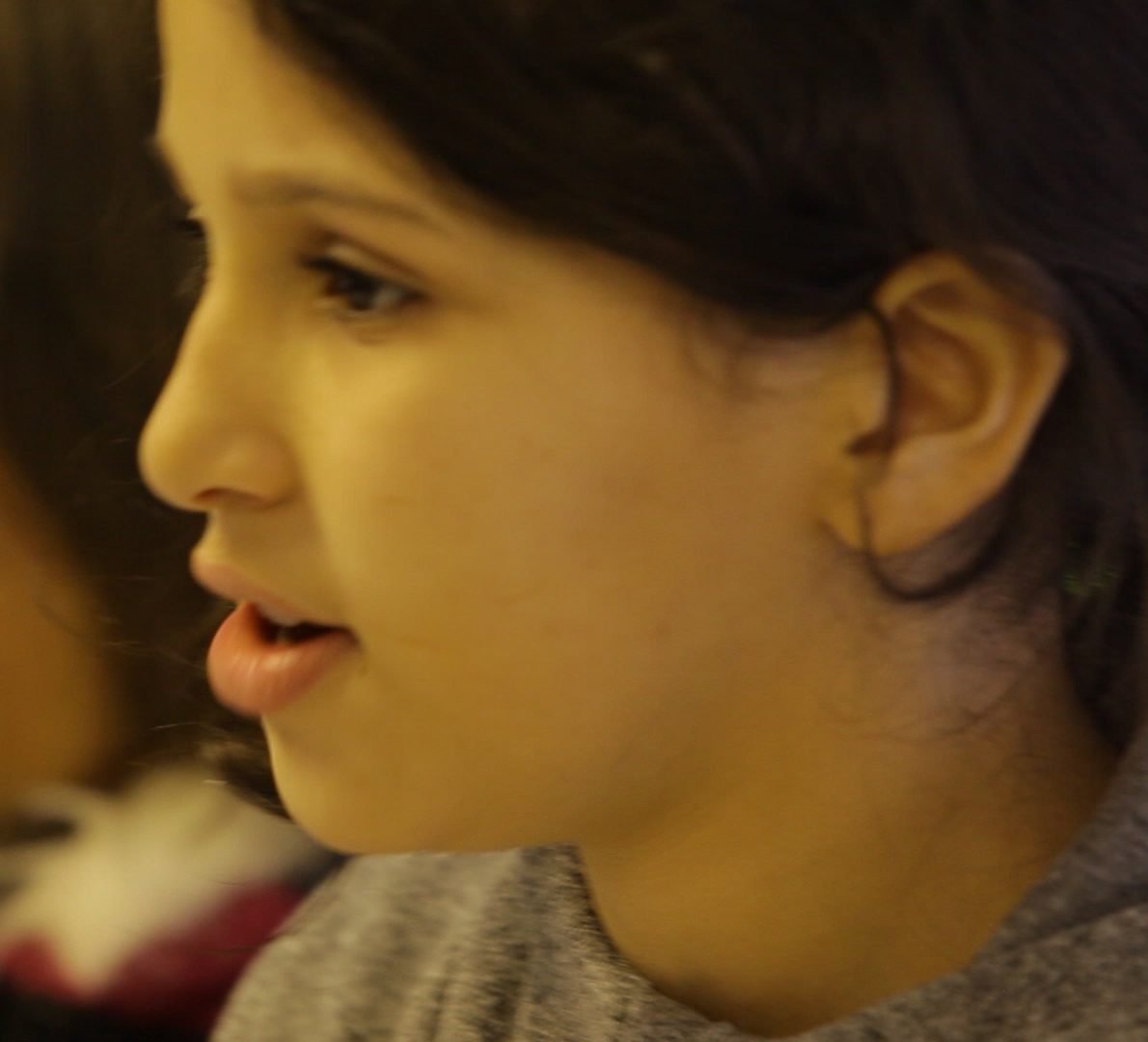Leadership Skills
7 HABITS OF HIGHLY EFFECTIVE KIDS – STUDY GUIDE
(Concepts developed by Dr. Steven Covey and Sean Covey)
Habit 1 – Be Proactive
Habit 2 – Begin with the End in Mind
Habit 3 – Put First Things First
Habits 1, 2 and 3 deal with self-mastery. They are the “private victories” required for character growth. Private victories precede public victories.
Habit 4 – Think Win-Win
Habit 5 – Seek First to Understand, Then to Be Understood
Habit 6 – Synergize
Habits 4, 5 and 6 are the more personality-oriented “public victories” of Teamwork, Cooperation and Communication.
Habit 7 – Sharpen the Saw
Habit 7 is the habit of Renewal, creating an upward spiral of growth.

The 7 Habits Summary
1. Be Proactive Fosters courage to take risks and accept new challenges to achieve goals
2. Begin with the End in Mind Brings projects to completion and unites teams and organizations under a shared vision, mission, and purpose
3. Put First Things First Promotes getting the most important things done first and encourages direct effectiveness
4. Think WinWin Encourages conflict resolution and helps individuals seek mutual benefit, increasing group momentum
5. Seek First to Understand, Then to Be Understood Helps people understand problems, resulting in targeted solutions; and promotes better communications, leading to successful problem solving
6. Synergize Ensures greater “buy in” from team members and leverages the diversity of individuals to increase levels of success
7. Sharpen the Saw Promotes continuous improvements and safeguards against “burnout” and subsequent no productivity
To be an effective leader, your followers must have trust in you and they need to be sold on your vision. Korn-Ferry International, an executive search company, performed a survey on what organizations want from their leaders. The respondents said they wanted people who were both ethical and who convey a strong vision of the future. In any organization, a leader’s actions set the pace. This behavior wins trust, loyalty, and ensures the organization’s continued vitality. One of the ways to build trust is to display a good sense of character composed of beliefs, values, skills, and traits.
Beliefs are what we hold dear to us and are rooted deeply within us. They could be assumptions or convictions that you hold true regarding people, concepts, or things. They could be the beliefs about life, death, religion, what is good, what is bad, what is human nature, etc.
Values are attitudes about the worth of people, concepts, or things. For example, you might value a good car, home, friendship, personal comfort, or relatives. Values are important as they influence a person’s behavior to weigh the importance of alternatives. For example, you might value friends more than privacy, while others might be the opposite.
